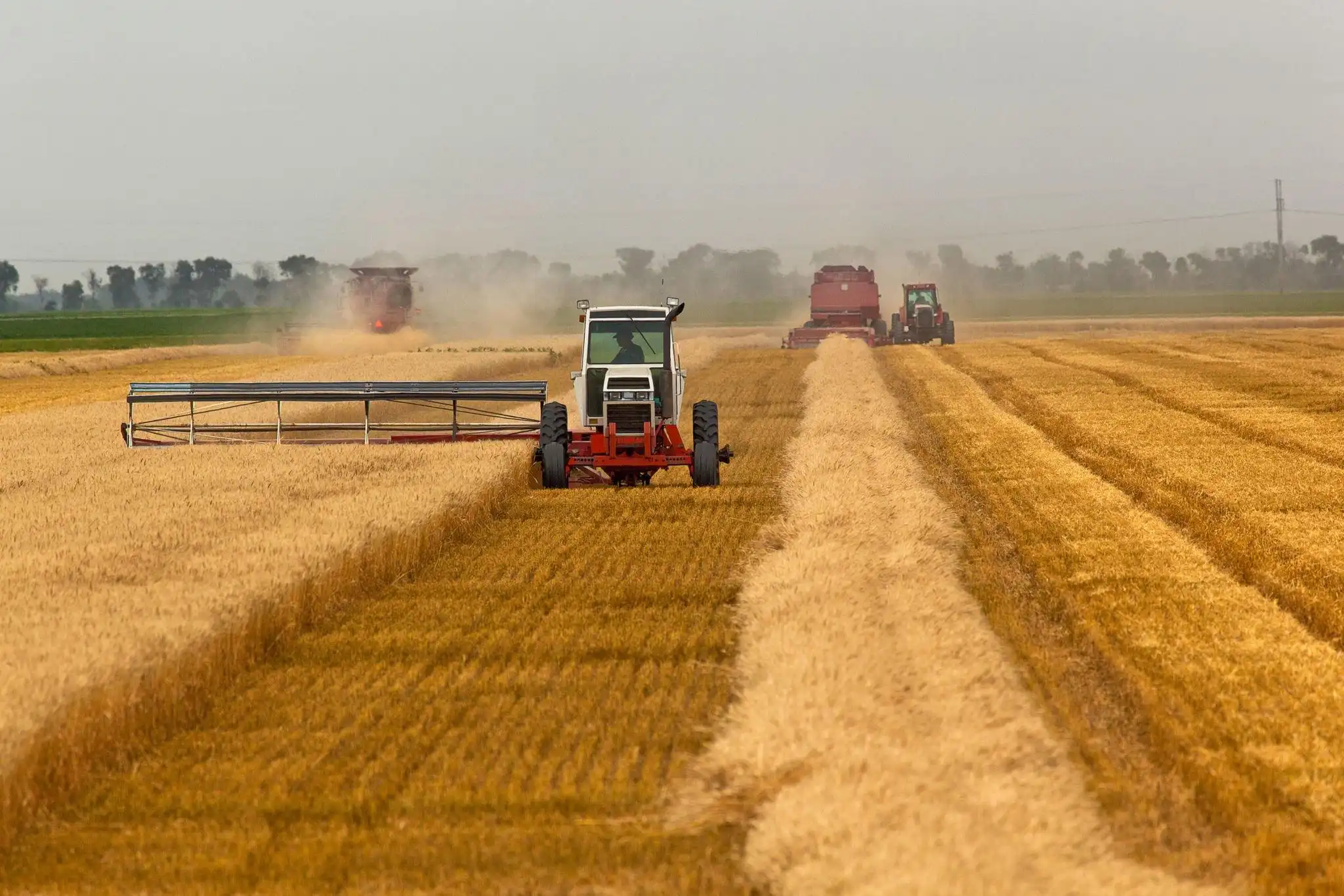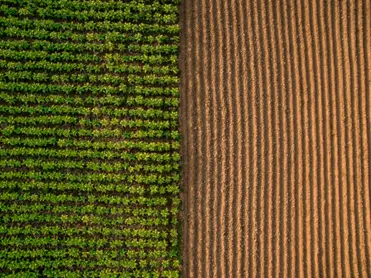2 Mar 2023
In the Eye of the Storm: Food Security in MENA Region
According to a report by the United Nations Food and Agriculture Organization (FAO) on the state of food security and nutrition in the world in 2022, it is estimated that between 702 and 828 million people were affected by hunger in 2021, consisting of 278 million people in Africa, 425 million in Asia, and 56.5 million in Latin America and the Caribbean. The number has grown by about 150 million since the outbreak of Covid-19. The Russia-Ukraine War, involving two of the biggest producers in agriculture and staple cereals globally, is disrupting supply chains and further affecting global grain, fertilizer, and energy prices, leading to shortages and fuelling even higher food price inflation. Additionally, food security is a significant challenge in the Arab region, which is facing rising economic, socio-political, and environmental challenges impacting the food security of its growing population.
Hence, our study has examined the factors that affect food security, and our analysis allowed us to determine the top five factors affecting food security: climate change, conflict, overpopulation, inflation, and scarce resources. The study will analyze each factor separately and their effect on food security globally and in many regions, with a focus on the Arab region. Secondly, the study will analyze factors of food insecurity separately and its impact on four significant countries: Egypt, the United Arab Emirates, the Kingdom of Saudi Arabia, and Jordan.
We found that the factors we examined have mainly negative effects on food security, with the exception of climate change, which will positively affect some regions for the time being, and natural resources, which has some aspects that effect food security positively. Additionally, we found that the factors are interconnected since for example, conflict negatively affects food security, and it could increase food prices, as in the current Russia-Ukraine War. Likewise, the adverse impacts of climate change are expected to raise food prices further and dampen the region’s food demand translating into direct increases in malnutrition levels.
Finally, after reviewing the effects of factors on food security, we elaborated some recommendations in order to deal with the adverse effects.
10 Feb 2023
Green Protectionism? Looking at Europe’s Agricultural Policy
The European Union’s position as a leader in sustainability and environmental protection is coming into question with the bloc’s recent programs and policies mainly, the new Farm to Fork strategy and the updated Common Agricultural Policy. On the one hand, the EU faces criticism from non-governmental organizations and scientists regarding the extent to which policies are actually “green” and on the other hand they also face pressures from farmers and cooperatives who are concerned about the implications of policies on farmers and production. Additionally, there is cause for concern about the impact on agricultural production and food security in developing countries. Since contemporary agriculture is not a closed autonomous system, rather one where policy changes create shifts in agrarian markets that ripple across all sectors and throughout the global economy, and Europe has one of the world’s largest agriculture industries, it is imperative to evaluate the current trajectory of green agricultural policies in order to identify if, when and how this will cause a shift in agricultural practices and markets globally. The question is, are Europe’s efforts to make agriculture sustainable genuine or is there a glass ceiling on reforms? And what could this mean for developing countries that are just starting on the sustainability path?

